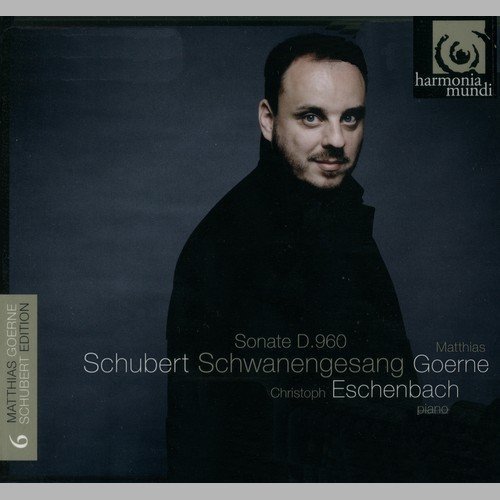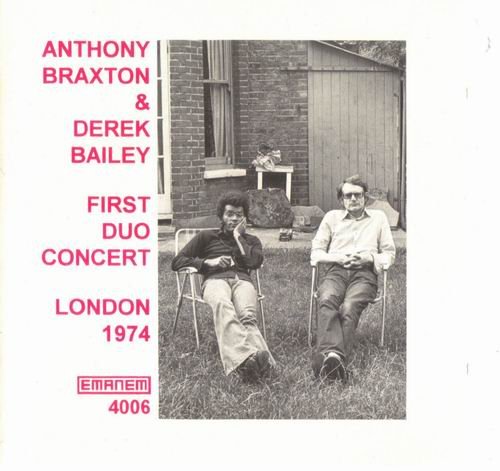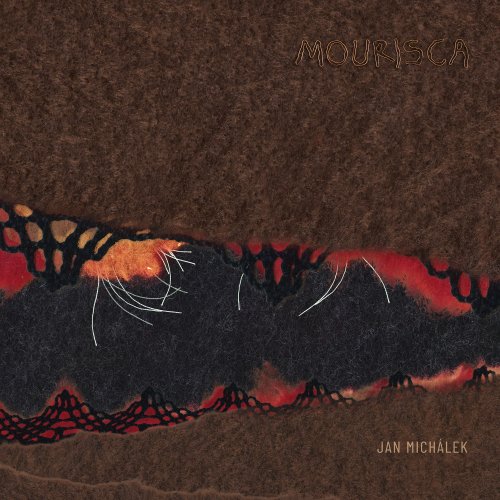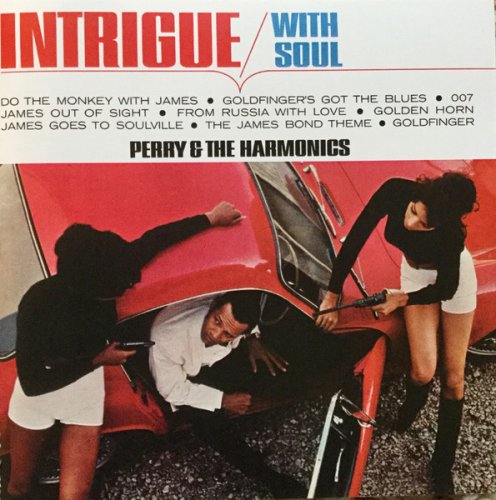Matthias Goerne, Christoph Eschenbach - Schubert - Schwanengesang / Sonata D. 960 (2012)

Artist: Matthias Goerne, Christoph Eschenbach
Title: Schubert - Schwanengesang / Sonata D. 960
Year Of Release: 2012
Label: Harmonia Mundi
Genre: Classical
Quality: FLAC (image+.cue,log,scans)
Total Time: 01:50:45
Total Size: 420 Mb
WebSite: Album Preview
Tracklist: Title: Schubert - Schwanengesang / Sonata D. 960
Year Of Release: 2012
Label: Harmonia Mundi
Genre: Classical
Quality: FLAC (image+.cue,log,scans)
Total Time: 01:50:45
Total Size: 420 Mb
WebSite: Album Preview
CD 1:
«Schwanengesang», D. 957 - 1:01:27
Nr. 1. «Liebesbotschaft» - 3:23
Nr. 2. «Kriegers Ahnung» - 4:40
Nr. 3. «Frühlingssehnsucht» - 3:26
Nr. 4. «Ständchen» - 4:20
Nr. 5. «Aufenthalt» - 3:03
«Herbst», D. 945 - 4:08
Nr. 6. «In der Ferne» - 6:34
Nr. 7. «Abschied» - 4:27
Nr. 8. «Der Atlas» - 2:07
Nr. 9. «Ihr Bild» - 3:47
Nr. 10. «Das Fischermädchen» - 2:34
Nr. 11. «Die Stadt» - 3:08
Nr. 12. «Am Meer» - 5:02
Nr. 13. «Der Doppelgänger» - 6:26
Nr. 14. «Die Taubenpost» - 4:23
CD 2:
Klaviersonate Nr. 21 B-dur, D. 960 - 49:18
I. Molto moderato - 21:14
II. Andante sostenuto - 13:24
III. Scherzo: Allegro vivace con delicatezza - 4:52
IV. Allegro, ma non troppo - 9:47
Performers:
Matthias Goerne, baritone
Christoph Eschenbach piano
The sixth volume in Matthias Goerne's survey of Franz Schubert's lieder includes the posthumous collection Schwanengesang, which contains some of the loveliest and most disturbing songs Schubert ever composed. One problem in performing this ambiguous work of Schubert's last year lies in its alternation of sweet, lyrical songs with those of a much darker and even frightening character, and it's left to the singer and the pianist to balance the moods and to make the contrasts of expression as subtle as possible. Goerne and his accompanist Christoph Eschenbach meet the challenge by carefully shading the songs with a tempering of expressions that admits sorrow in the midst of joy and hope in the depths of despair. On a bonus CD, Eschenbach performs Schubert's expansive Sonata in B flat major, another late work that displays evanescent shifts of feelings, and he plays with a natural outpouring of emotion that fluidly connects the music's high and low points. Harmonia Mundi offers warm and rich sound, which captures the resonance of Goerne's baritone and the fullness and smoothness of Eschenbach's sound, though the bass is a bit heavy in the recording of the sonata.





![Darwisch Basem, Cairo Steps - Samu (2026) [Hi-Res] Darwisch Basem, Cairo Steps - Samu (2026) [Hi-Res]](https://img.israbox.com/img/2026-01/27/7gqn8nu7q3vihtxlogj6j24fb.jpg)


